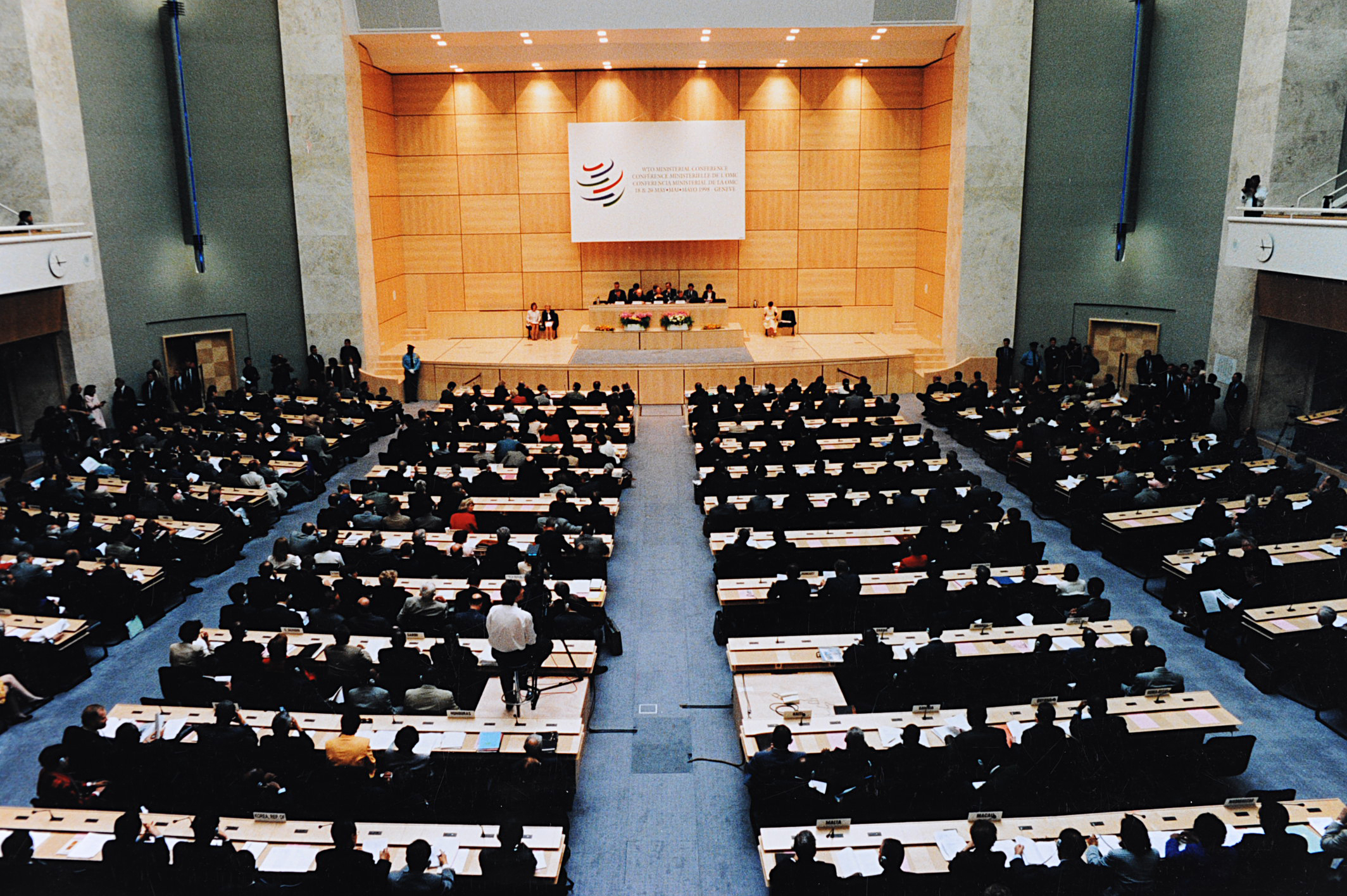
Globalization requires an institutional governance framework.
The gradual breakdown of the political world order that has been in place since World War II is now undeniable. In the face of its relative decline, the United States — hegemonic power in previous decades and main protector of a multilateral order — is increasingly less willing to involve itself in international crises and guarantee security. Knowing that empires tend to fall when they attempt to encompass too much, the U.S. has refused to continue to police the world. This is leaving significant gaps that other powers are filling, as much as is chaos. The crisis in Ukraine, the territory controlled by the Islamic State in Iraq and Syria, or the tensions in the South China Sea are only some of the most recent examples.
Another phenomenon that is going un-noticed but that entails equally dangerous consequences is accompanying this growing international political disorder: the breakup of the liberal, multilateral economic order. The U.S. has also been the cause of this: Many of today’s emerging powers — which saw the ideal platform for improving the quality of life of their citizens in the opening up of the economy and especially of trade — were counting on U.S. cooperation, with the support of Europe. In recent decades, however, the U.S. has gone from being the friendly hegemon that guarantees monetary stability to playing the role of consumer-of-last-resort for the products other countries were exporting during the early post-war decades, and to abusing its position of power in order to advance its own interests. The novelty is that in the face of the hangover from the Great Recession, the U.S. is beginning to think that defending the rules provides no benefit, and in fact, that this grants more power to its emerging rivals, especially China. It is not willing to invest as many resources as before in maintaining the rules; it abstains from exercising the necessary leadership to adapt them to modern times, and doesn’t hesitate to break them or block the advances proposed by others.
A few of the ramifications of its new strategy are the following: the imposition of trade sanctions — by both the U.S. and EU — on Russia following the annexation of Crimea; resistance to approving the International Monetary Fund reform that would give a greater voice to emerging countries; its new trade strategy based on preferential agreements — that contravened the rules of the World Trade Organization — with the EU and other countries of the Pacific Rim; or the scarce interest shown in coordinating its monetary policy with that of other powers in order to avoid destabilizing effects on the exchange market. At the end of the day, the U.S. economy is fairly closed off when compared with those of European countries or China’s, and as such, the erosion of economic globalization may be less harmful to the U.S. than to others, especially when it is on the path to energy independence and can still exercise its power to guarantee that an economy where survival of the fittest rules still respects its trade and financial interests. Moreover, disenchanted with globalization in the face of an increase in inequality and growing protectionism, public opinion does not have the appetite for turning over this isolationist impetus.
This emerging de-globalization may sound appealing for many, especially in continental Europe where there is criticism of financial integration. At the end of the day, financial deregulation and blind faith in the merits of the free movement of capital are the genesis of the crisis from which we are still emerging. However, we are not facing a controlled de-globalization supported by international cooperation with the aim of improving financial regulation, combating the most adverse effects of neoliberalism, or trying to alter the great inequality created by economic integration — something that would be welcome as a necessity in order to legitimize international integration. On the contrary, we are facing a series of unilateral actions that are slowly eroding the principles that serve as the base of the predictability of the global economic order, and this throws us directly into uncertainty, where economic decisions are frozen, which in turn results in a reduced investment that diminishes potential growth and makes it more difficult to tackle debt and maintain the welfare state.
In 1973, economic historian Charles Kindleberger explained the breakdown of the international economy — during the interbellum followed by World War II — which was caused by the lack of an hegemonic power capable of impartially imposing rules on other powers that could assure stability: The United Kingdom was no longer able to do so, and the United States did not want to at that point. Today, with the U.S. in withdrawal and in the face of an ever more multipolar world, it is key to provide globalization with an institutional governance framework that the main world powers and their citizens agree on and see as legitimate. Without leadership, and in the face of opposing views on how to manage trade, global-financial, energy and climate problems, this task becomes increasingly more difficult.
The global political disorder that fills the front pages of newspapers is worrying, but a lack of economic cooperation may bring about a progressive fragmentation of the world economy that would trigger trade wars and growing rivalries between opposing blocks. This would be fatal to economic growth in an already delicate backdrop in the south of Europe, given the high levels of unemployment and debt.

Leave a Reply
You must be logged in to post a comment.